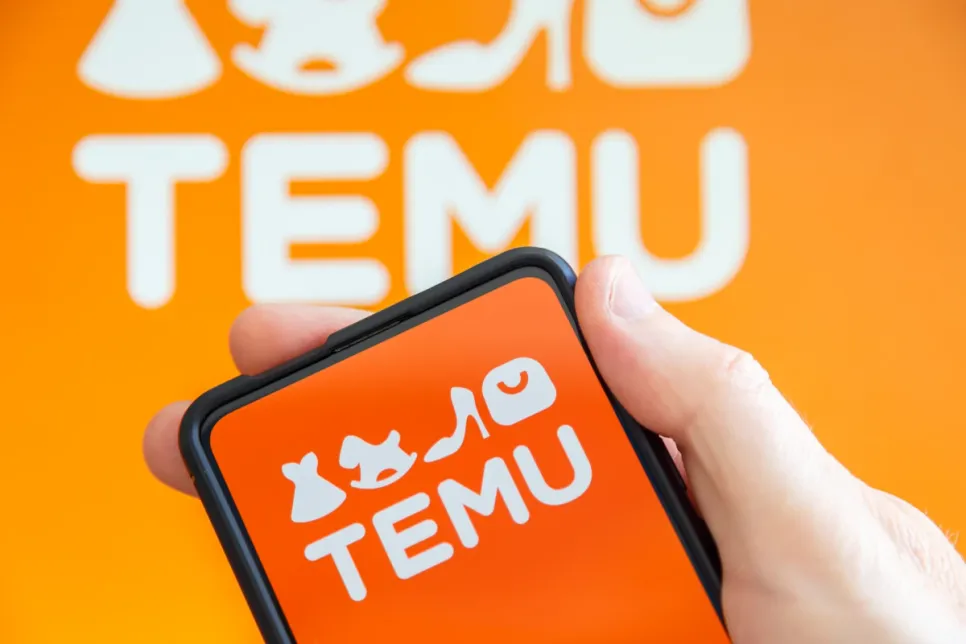US Launches Tech Force Program
The US administration unveiled a two-year program aimed at hiring 1,000 employees across various government agencies.

The Consumer Protection Cooperation (CPC) Network of national consumer authorities and the European Commission notified Temu of several practices on its platform that infringe on EU consumer law. The CPC Network directed Temu to bring those practices in line with EU consumer laws.
Temu remains under investigation and was requested to provide further information to the network. The CPC Network's action against Temu is led by the competent national authorities of Belgium, Germany, and Ireland, under the coordination of the EC. The CPC Network's investigation covers a broad range of practices with which consumers are confronted while shopping on Temu, including practices that may mislead consumers or unduly influence their purchasing decisions. The CPC Network is also investigating whether Temu complies with specific information obligations for online marketplaces under consumer law.
Last week, the EC opened formal proceedings against Temu under the Digital Services Act. The DSA proceedings and the CPC Network's joint enforcement action complement each other. They aim to ensure a safe and trustworthy online environment where the rights of consumers in Europe are fully protected. From 13 December onwards, the General Product Safety Regulation (GPSR) will require that there is an economic operator established in the EU who is responsible for ensuring compliance with product safety requirements, including specific obligations to online marketplaces that target consumers. Under the GPSR, the national market surveillance authorities can issue a takedown order to take the product off the internet should they identify that it is unsafe. These obligations are complementary to the DSA.
The CPC Network identified several types of problematic practices on Temu, which they consider to be in breach of EU consumer protection laws, such as fake discounts, pressure selling, forced gamification, missing and misleading information, fake reviews, and hidden contact details. In addition, the CPC Network requested information from Temu to assess the company's compliance with further obligations under EU consumer law, such as the obligation to inform consumers clearly whether the seller of a product is a trader or not; to ensure that product rankings, reviews, and ratings are not misleadingly presented to consumers; to ensure that price reductions are announced and calculated correctly; and to ensure that any environmental claims are accurate and substantiated.
Temu now has one month to reply to the CPC Network's findings and propose commitments on how they will address the identified consumer law issues. Depending on the reply, the CPC Network may enter a dialogue with the company. If Temu fails to address the concerns, national authorities can take enforcement measures to ensure compliance. This includes the possibility to impose fines based on Temu's annual turnover in the Member States concerned. This is without prejudice to the power of national authorities to take enforcement measures in ongoing proceedings.